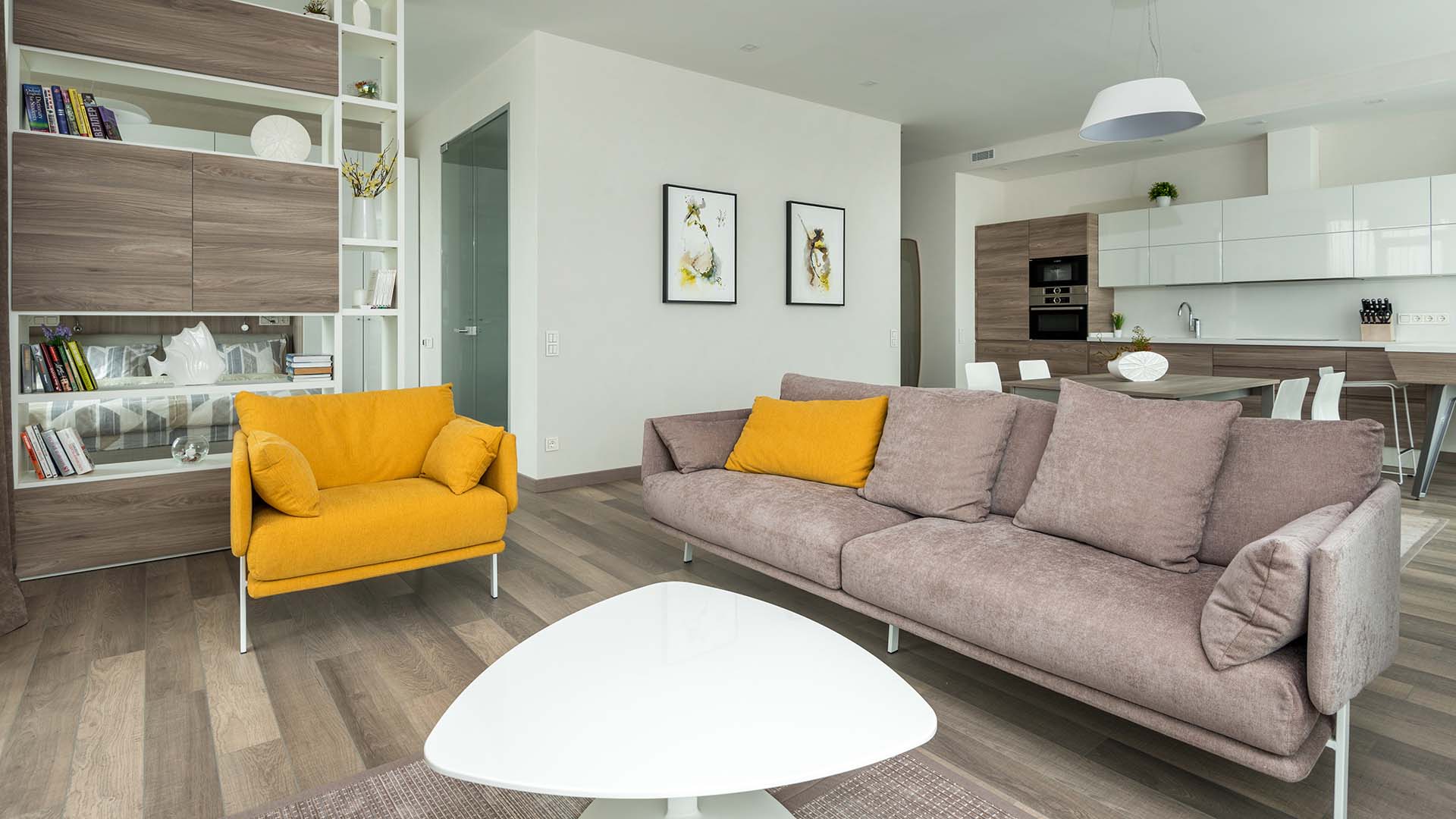Have you ever used AirBNB instead of staying at a hotel? The website offers a viable alternative to the traditional hotel/motel rooms but it has raised its fair share of controversy in cities where it is already hard to rent an apartment.
According to InsideAirBNB, an open-source monitoring site, there are over 12,000 listings for the Toronto area alone, provided by an estimated 9,000 AirBNB hosts.
As the number of AirBNB hosts keeps growing, so does the legal framework around providing shot-term rentals. Toronto is passing new legislation on July 1st that restricts what can and cannot be listed on AirBNB.
Whether you’re already a host or just thinking about it, check out these seven crucial tips to making the most out of your short-term rental:
1. Make Sure You’re Allowed To
Short-term rentals were really rare before the advent of AirBNB, so there isn’t much legislation out there that strictly forbids it.
Not officially anyway, but that doesn’t mean you shouldn’t be careful since Toronto is passing new legislation on July 1st 2018 that will restrict the number of days and the type of apartment that can be listed. You’ll also be required to register with the city and pay a duty.
Meanwhile, legal consensus is building around a tenant’s right, or rather lack thereof, of leasing out his apartment on AirBNB. Lawyers say that it is illegal to do so without the landlord’s consent, invoking sections 2(2) and 97 of the Residential Tenancies Act that pertain to subletting.
Condo owner corporations can circumvent the courts by forbidding it outright in the corporation’s rules.
2. Make Sure You’re Insured
Thankfully, AirBNB provides automatic coverage to all approved AirBNB hosts. It’s called the Host Protection Insurance Program, and it provides $1 million of coverage against bodily injury or property damage. This coverage can extend to the building if it is damaged. It covers all properties listed on AirBNB while they are occupying by a paying AirBNB guest.
It is primary coverage, which means that when you make a claim, it will come into effect before your regular home insurance policy. It does not mean however that you can cancel your current home insurance coverage.
You’ll still need your home insurance to cover your building, property and liability the rest of the time. You should also note that your personal home insurance policy should provide better, more extensive coverage tailored to AirBNB rentals since it’s been tailored to your needs. Do check in with us to make sure your coverage takes into account your short-term leasing activities.
3. Let Your Neighbors Know
Who cares what the neighbors think? It’s no big deal if your guests are quiet… Right?
Put it this way. You wouldn’t throw a big party without letting your neighbors know ahead of time. If you live in a nice, quiet residential area, and you expect tourists to be coming and going out of cabs, hanging out on the street or enjoying the sights on your balcony for the next three months you’ve got, don’t you think your neighbors might notice?
Give them a heads up. They’ll provide valuable feedback about your guests and keep an eye on your property if you keep them in the loop.
4. Choose the Right Guests
Many people on vacation like to use AirBNB to throw parties. Others hope to save on hotel costs, as they cram in as many people as they can into your 2 bedroom apartment. Party on a Monday night ‘til 2 AM, no problem!
AirBNB created the Host Insurance Protection program because of those infamous parties for those ‘If it happens’ situations. If you don’t want it to happen, your best policy is to carefully select who can stay at your place.
You do that by writing about your expectations clearly on your listing (i.e. No parties). Don’t allow automated booking, and review all requests carefully. You can check out their profile on AirBNB or take it a step further and Google them. Social media is a powerful tool to find more about the person who might be staying at your place.
5. Greet Your Guests
Try to always greet your guests. In that instant, you’re forging a connection that breeds trust and respect. It’s also added value for your guests who are eager to know where to go, what to do and what to avoid in a city they’ve probably never visited. It’s also the most efficient way to communicate the house rules and to confirm their time of departure.
6. Set the Rules
You should print your house rules and post them in your apartment or hand them out. When you greet them, make sure you emphasize the most important ones. You can also check in from time to time with them and with a trusted neighbour to field any questions and to clarify any misunderstanding.
7. Learn From Your Mistakes
Watch what other hosts are doing on their listings. When you travel, or when you host other hosts, share your experiences. You learn by doing, by making mistakes and by attempting to correct them. You’ll also get better at feeling out your potential guests.
Looking for home insurance?
Speak with a Mitch Insurance broker today to get a quote on Ontario home insurance. Learn more >
Call now
1-800-731-2228




